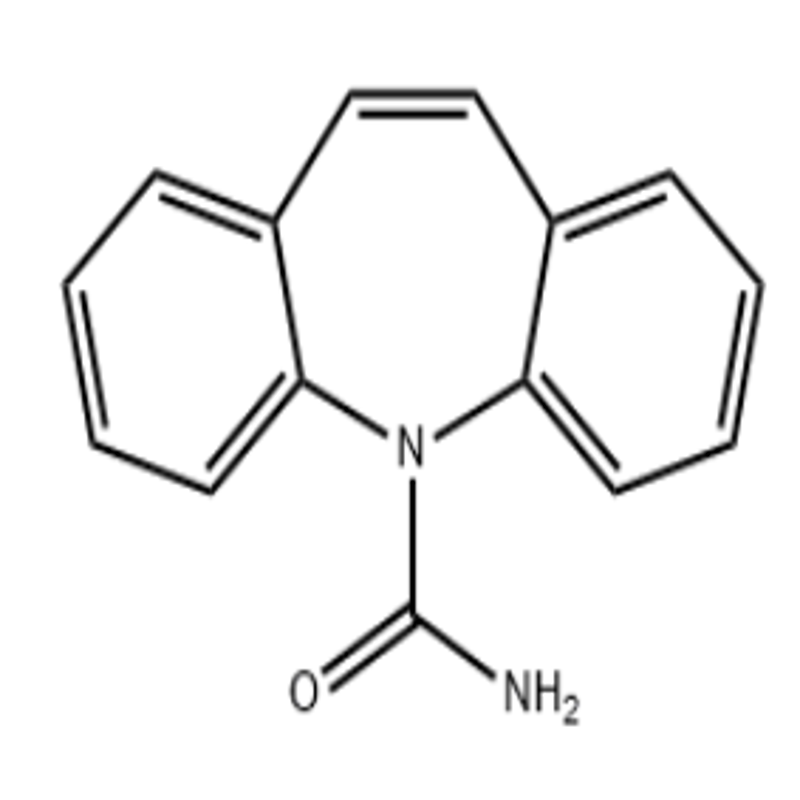-
Categories
-
Pharmaceutical Intermediates
-
Active Pharmaceutical Ingredients
-
Food Additives
- Industrial Coatings
- Agrochemicals
- Dyes and Pigments
- Surfactant
- Flavors and Fragrances
- Chemical Reagents
- Catalyst and Auxiliary
- Natural Products
- Inorganic Chemistry
-
Organic Chemistry
-
Biochemical Engineering
- Analytical Chemistry
-
Cosmetic Ingredient
- Water Treatment Chemical
-
Pharmaceutical Intermediates
Promotion
ECHEMI Mall
Wholesale
Weekly Price
Exhibition
News
-
Trade Service
In early November, FDA Director Scott Gottlieb said in a statement that the agency plans to loosen many regulations on genetic health risk testing (GHR). The move is a change of course for the FDA, which decided in 2013 that companies should not promote genetic testing directly to consumers. Since then, the FDA has typically approved genetically tested products on a case-by-case basis before allowing them to enter the market.
proposed draft regulations would allow genetic vector screening tests, as well as genetic health testing products, to enter the market without prior review. Secration model one-time audit
manufacturers of these GHR products will only need a one-time FDA audit to ensure that they meet FDA requirements, and their subsequent GCR tests will not require further review.
since taking over as FDA director, Gottlieb's new philosophy of "deregulation through regulation" may be one example of this new change to GCR.
new guidelines are similar to the FDA's Pre-Cert model, which the FDA already uses to regulate digital health products. The pilot, announced in September, focuses on the software behind digital health testing, rather than the individual product itself. The idea is to review the manufacturer's basic approach, rather than the products developed in this way.
23andMe, a genetic testing company, has been at the forefront of genetic health testing, but it has suffered a major setback since the FDA introduced strict regulatory measures in 2013. The FDA has banned the company from selling genetic testing products to consumers that predict their risk of developing diseases such as Alzheimer's and Parkinson's disease.
, the FDA changed direction in regulating 23andMe's disease-predicting genetic testing products, giving the former the right to promote directly to consumers. The move is expected to clear the way for more direct-to-consumer GHR testing tools to enter the market.
In fact, the FDA announced in April that it planned to further exempt 23andMe's testing tools from the pre-market review required by the FDA, while other manufacturers' GHR testing tools could also be exempted after submitting their first pre-market notice.
continue to improve regulatory policies'Genetic health risk testing poses a unique challenge to FDA regulation because these products are completely different from the risk assessments of standard medical devices,' Gottlieb said in a statement. Diagnostic tools, and other screening testing tools, are often considered "no man's land" for regulatory policies -- with laboratories varying in their enforcement of federal laws and regulations. Mr Gottlieb said he wanted to strengthen regulation in a wider range of diagnostic areas to further differentiate between diagnostic testing tools that require strict regulation and those that circumvent additional scrutiny.
, the statement noted that while these testing tools can provide a wealth of information about individual health risks, they are not risk-free in themselves. If GHR provides consumers with incorrect or misleading information, it may affect their lifestyle or health care choices. Gottlieb said the FDA will continue to evaluate these products and work with manufacturers to continue to develop relevant laws and regulations. (Medical Economics)







